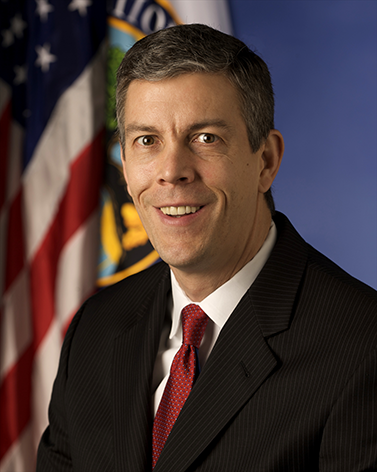Language for Change: Advocates of English Learners in Florida Push State Government to Provide Native Language Assessments
Every night during homework time, 16-year-old Adolfo Garcia spends hours catching up with his studies. He’s trying to bridge the schooling he received in Venezuela with his current high school, while adapting to Florida’s “English only” education system.
“Ugh. It’s moving too fast,” he laments as he tries to read aloud the words highlighted by a fast-moving cursor on an online English-language program.
Three and a half years ago, his family emigrated to Miami in hopes of escaping Venezuela’s political turmoil. They also hoped the school system would give the children opportunities to quickly integrate into U.S. culture, but in Florida, students are usually put into their classes according to their age, and they are given placement tests to decide what level of teaching they need within that. English learners often struggle with those tests because they don’t understand the instructions or questions asked. This might cause them to be placed in an academic program that doesn’t represent their true knowledge.
This year, UnidosUS proposed to change that by introducing native language assessments bills in the Florida legislature. In April, Adolfo’s mother Josie Ramos joined representatives of UnidosUS and its Florida Affiliates on a trip to the state capital of Tallahassee to advocate on behalf of the bill and all English learner students.
“We came to this country knowing that we have to speak English here, in order to make a life for ourselves in English,” Ramos told Florida House of Representatives Minority Leader Kionne McGhee, a Democrat representing the state’s 117th District.
Throughout the day, delegates had 28 member-level meetings in 49 offices in the Capitol, noting the benefits of bilingualism and multilingualism for the Florida economy’s growing global reach. In fact, State Rep. Rene Plasencia, a Republican in Florida’s 50th District, referenced a 2018 BizJournals.com report showing that Florida’s GDP had just surpassed $1 trillion dollars, making it the 17th-largest economy in the world.
Bills that introduce new policy to the Florida legislature usually take multiple sessions to pass, and the native language assessment bill is no different. For this year, UnidosUS’s goals were to get the bills introduced and increase legislator awareness on the issue, and both goals were met. This summer, UnidosUS will work on better positioning of the bills for the 2020 legislative session.
For example, in June, UnidosUS organized a series of roundtables in Orlando and Miami to debrief with local community stakeholders on how the 2019 legislative session impacted Latinos. On July 15th, UnidosUS will be organizing a legislative summit in Miami to prepare attendees for the 2020 session by teaching them more about the issues and creating an in-district activities calendar leading up to the first day of session in January 2020.
“Building off our successful lobby day in Tallahassee earlier this year, UnidosUS hopes our summer legislative summit will prepare our Affiliates to start mobilizing on our priority issues like native language assessments. This positions us for even more success in 2020 by engaging policymakers earlier and with more frequently,” says Jared Nordland, UnidosUS’s Florida Senior Strategist.
“If we can’t communicate and make ourselves understood, there’s a breaking point, and this country loses out on that potential, so we need more support,” Ramos told UnidosUS.
-The embedded video was shot and edited by Raul Vidaurre and produced by Julienne Gage.


